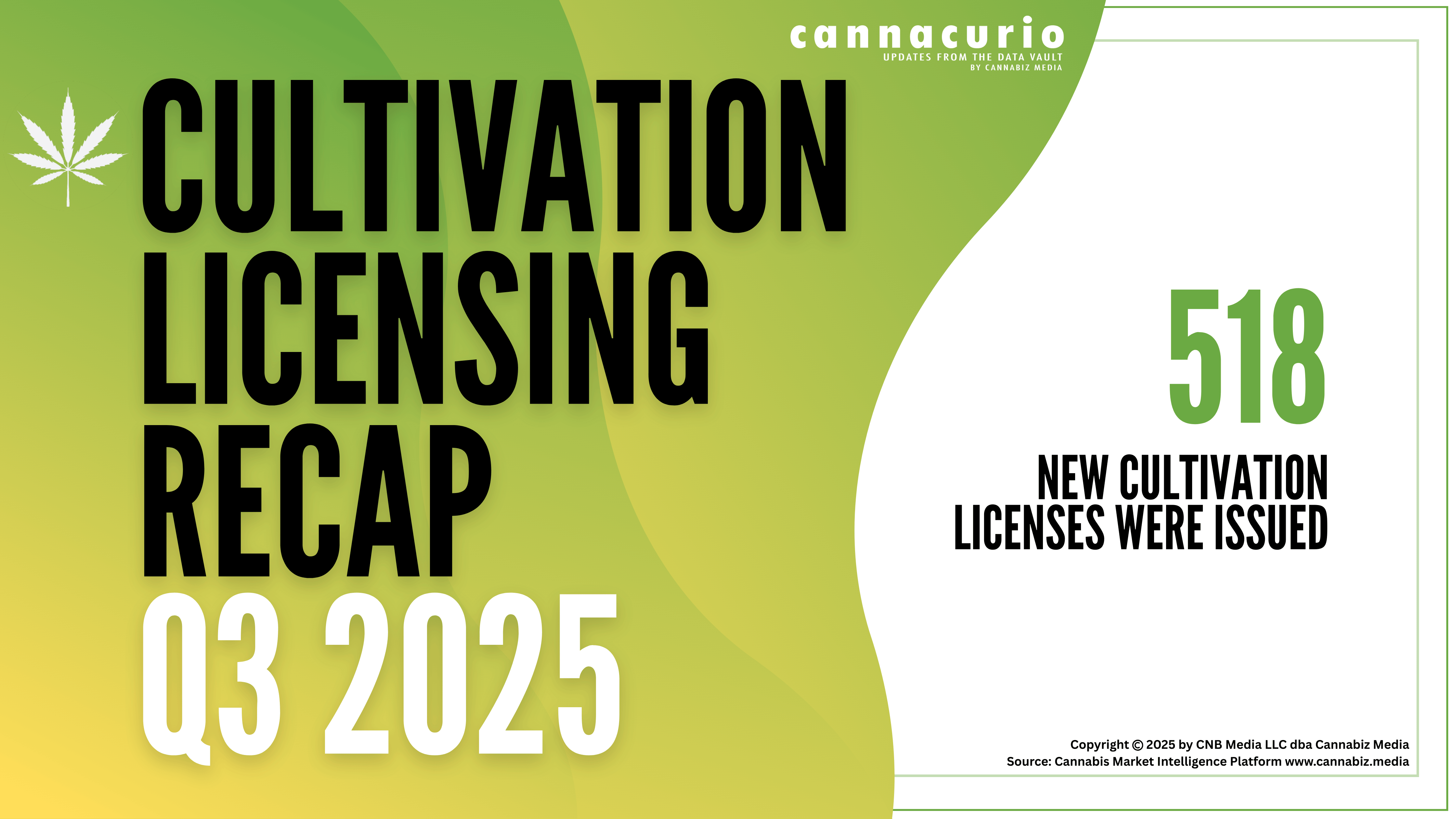
Guide to Text Message Marketing for Cannabis and Cannabis-Related Businesses
Text message marketing can be an effective and highly affordable way for cannabis and cannabis-related businesses to connect with consumers and increase sales. With so many other forms of marketing and advertising off limits to the cannabis industry, SMS marketing represents one of the best opportunities to promote products and services to both B2C and B2B audiences.
Text message marketing is particularly useful when it’s used to connect with consumers near the bottom of the sales and marketing funnel. When used correctly, SMS marketing can motivate consumers to make purchases they may have already been considering.
However, there are laws and rules that cannabis and cannabis-related businesses must follow when it comes to text message marketing (e.g., subscriber age verification, only sending messages between 8:00 a.m. and 9:00 p.m. in the recipient’s local time zone, and more).
Let’s take a closer look at some of the federal and state laws as well as some of the wireless carrier industry rules that you should know before you invest in SMS marketing.
Text Message Marketing Laws, Rules, and Compliance
There have been multiple class action lawsuits filed in recent years related to text message marketing in the cannabis industry. You don’t want your business to be involved in a similar lawsuit. Therefore, you need to educate yourself (or hire an attorney to guide you) before you send any messages.
Some of the most important laws are introduced below, but remember, as a cannabis business or a cannabis-related business, you need to comply with all relevant SMS marketing laws at the federal and state levels as well as all laws specific to the marijuana industry in the states where you operate and advertise.
Telephone Consumer Protection Act (TCPA)
The TCPA is the key piece of legislation related to SMS marketing. Based on the TCPA, businesses are not allowed to send text messages to consumers without first obtaining explicit written consent.
In addition, businesses must provide a clear description of what the person is subscribing to, approximately how many text messages they’ll receive per week or month, instructions to get help, and directions to opt out of receiving messages. They should also receive a link to read the full terms and conditions of the program as well as the privacy policy.
Violations of the TCPA are costly – $500 per negligent violation and $1,500 in statutory damages for each unlawful text message if the sender intentionally violated the law.
CAN-SPAM Act
Under the CAN-SPAM Act, businesses may not send unwanted text messages to cell phone numbers, not including messages related to transactions or relationships (e.g., delivery notifications).
Furthermore, recipients of text messages must be able to easily identify that the message is an ad, and they must be able to unsubscribe.
State Laws
In addition to federal laws that apply to text message marketing, businesses are required to comply with a variety of state laws. For example, privacy laws, including the California Consumer Privacy Act (CCPA), can affect how messages are sent and what they are allowed to include.
Other state laws, like California’s Unfair Competition Law (UCL), may also apply. For example, when Baker Technologies was named a defendant in a class action lawsuit related to text message marketing, the company was accused of violating California’s UCL. The lawsuit said Baker caused economic harm to the plaintiffs because they were charged for the unauthorized text messages they received from dispensaries using Baker’s technology.
Cellular Telecommunications Industry Association (CTIA) and Mobile Carrier Rules
In addition to federal and state laws, there are rules related to telecommunications as well as carrier rules that apply to text message marketing and cannabis businesses. If you’re not following CTIA guidelines or wireless carrier rules, carriers may take action, which could include suspending your account.
Tips to Send SMS Messages Safely and Generate a Positive ROI
First, you need to understand all of the laws and rules that affect cannabis and cannabis-related businesses when it comes to text message marketing or you could get into very expensive trouble.
Once you have that knowledge (or an attorney who can guide you), it’s time to develop your SMS marketing strategy and plan. Following are some expert tips to keep in mind.
Get Permission
Never send an SMS message unless you’ve gotten explicit consent in writing through a subscriber opt-in. Consent must be documented and saved.
When you get an opt-in from any source (e.g., in-store, online, etc.), you’re required under the CTIA guidelines to send a confirmation text confirming the subscription. The confirmation message should clearly explain what the person subscribed for as required by the TCPA.
Importantly, don’t buy lists. Buying a list means you haven’t gotten permission through an opt-in to send SMS messages to the people on the list, which violates the law.
Provide an Easy Opt-Out
Always offer an opt-out that is easy for people to complete. For example, include a message at the end of each text that says something like, “Don’t want to receive texts from us? Reply ‘STOP’.”
Strategize Sending Frequency
Don’t send so many SMS messages that your subscribers are annoyed and opt out of future messages. Instead, focus on sending no more than three messages per week that are extremely targeted to each recipient.
Track your results and unsubscribe rate to see if you need to reduce that frequency (if you’re getting too many unsubscribes) or if you could increase it and generate a higher ROI.
Send Targeted Content
Your text messages must be relevant to the recipient or they won’t respond. In fact, if you send too many irrelevant messages, people will unsubscribe.
Use your data and build highly-targeted campaigns offering the right offers to the right people. You want recipients to perceive your messages as valuable and useful, not as clutter and annoying.
Develop a Text Message Marketing Plan
Develop a strategy and schedule to send messages via text to the various segments of your subscriber list. Types of messages you could send include:
- New product or service launches
- Seasonal offers
- Holiday sales
- Special discounts and promotions
- Special event invitations
- Loyalty rewards updates
- Time to re-order messages
Consider your target audiences and the frequency that subscribers should receive messages. Using that information, build out a plan that provides the best content to each person on your list.
Key Takeaways about Text Message Marketing for Cannabis and Cannabis-Related Businesses
Developing a complete text message marketing plan for your cannabis or cannabis-related business takes time, but your efforts are for naught if you don’t understand and follow the laws and rules of SMS marketing.
Do your homework and get the right professional support to ensure you use text message marketing in a safe way so you benefit from the highest possible ROI without making mistakes that could put your entire business at risk.

.png)

